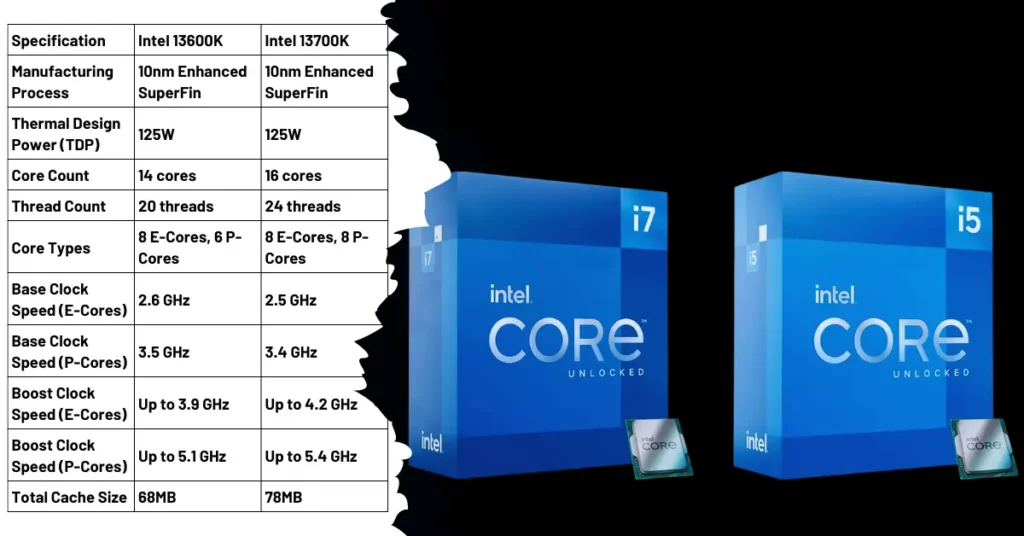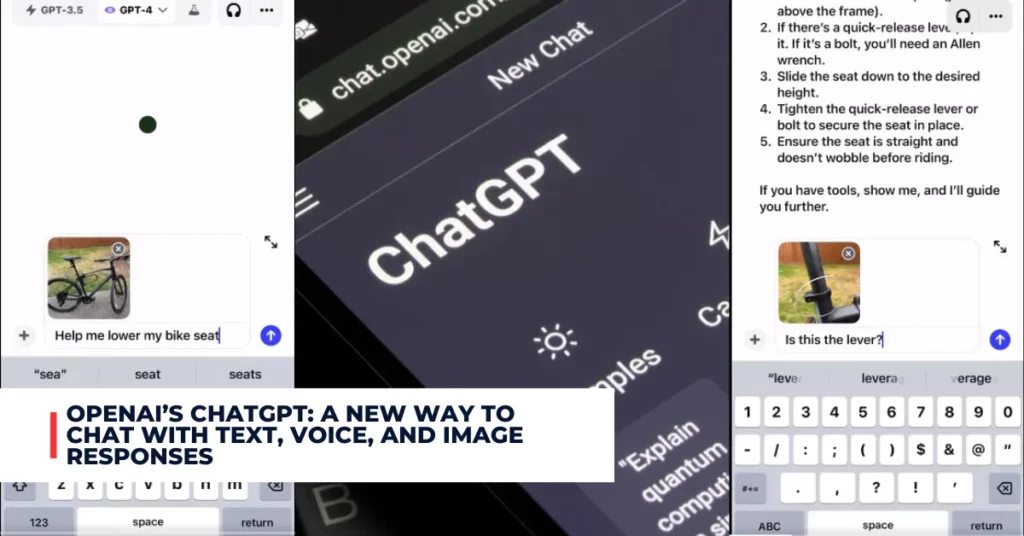Apple has announced its plans to adopt the Rich Communication Services (RCS) standard for messaging on the iPhone, a move that will undoubtedly delight users who have long advocated for this compatibility.
This decision marks a significant shift in Apple’s strategy, as it has previously relied on its proprietary iMessage service to offer advanced messaging features to its customers.
Contents
What is RCS and Why is It Important?
RCS is a communication protocol that aims to replace the traditional SMS and MMS messages with a text-message system that is richer, provides phonebook polling (for service discovery), and can transmit in-call multimedia.
RCS supports features such as group chats, video, audio, and high-resolution images, plus read receipts and real-time viewing. RCS is also designed to be compatible with the IP Multimedia Subsystem (IMS), a framework for delivering multimedia services over IP networks.
RCS is important because it offers a more unified and seamless messaging experience across different devices and platforms. Currently, iPhone users can only enjoy the full benefits of iMessage when communicating with other iPhone users, while Android users have to rely on different apps or services to access similar features.
RCS would allow iPhone and Android users to communicate with each other using the same standard and app, without compromising on quality or functionality.
Apple will adopt the RCS messaging standard next year, which might get rid of the green bubble when texting an Android:
Apple will adopt the RCS messaging standard next year, which might get rid of the green bubble when texting an Android.
This will add real-time typing indicators, read receipts, higher resolution photos and videos, and improved group chats between iPhones and Androids. pic.twitter.com/9RWmnCmqki
— Pop Base (@PopBase) November 16, 2023
How Will Apple Implement RCS on the iPhone?
Apple has not revealed the details of how it will implement RCS on the iPhone, but it has stated that it will support the Universal Profile, a single GSMA specification for advanced communications. The Universal Profile is a set of guidelines and technical requirements that ensure interoperability and consistency among different RCS implementations.
By adopting the Universal Profile, Apple will guarantee interconnection with other carriers and devices that support RCS. Apple has also indicated that it will work with Google, Samsung, and other partners to ensure a smooth transition and integration of RCS on the iPhone.
Google has been a major proponent of RCS and has rolled out its RCS-based app, Messages, to Android users worldwide. Samsung has also supported RCS on its devices since 2012 and has partnered with Google to allow RCS features to work seamlessly between the Samsung Messages and Android Messages apps.
Apple has not specified when it will launch RCS on the iPhone, but it has said that it will start to support RCS in 2024. Apple has also not confirmed whether it will replace iMessage with RCS, or offer both services as options for its users.
Take a look at some additional recently published content from us:
- Apple Promises Fix for watchOS 10.1 Battery Drain Issue
- Apple Announces ‘Scary Fast’ Event on October 30
What Are the Benefits of RCS for Apple and Its Users?
RCS will bring several benefits to Apple and its users, such as:
- Improved communication and collaboration with Android users, especially for business and professional purposes.
- Enhanced user experience and satisfaction, as RCS offers more features and capabilities than SMS and MMS.
- Increased security and privacy, as RCS supports encryption, authentication, and verification.
What Are the Challenges of RCS for Apple and Its Users?
However, RCS will also pose some challenges for Apple and its users, such as:
- Potential loss of competitive advantage and differentiation, as iMessage is one of the key features that attracts and retains iPhone users.
- Possible compatibility and interoperability issues, as RCS is still a developing and evolving standard that may face technical and regulatory hurdles.
- Increased complexity and confusion, as users may have to switch between different apps and services depending on the availability and preference of RCS.
Conclusion
Apple’s decision to adopt RCS is a welcome and surprising move that will benefit both iPhone and Android users. RCS will offer a more modern and universal messaging standard that will enhance communication and collaboration across different devices and platforms.
However, RCS will also present some challenges and uncertainties for Apple and its users, as it will require a careful and strategic implementation and integration with iMessage and other existing services. Apple will have to balance the trade-offs and opportunities of RCS and ensure that it delivers a consistent and reliable messaging experience to its customers.

